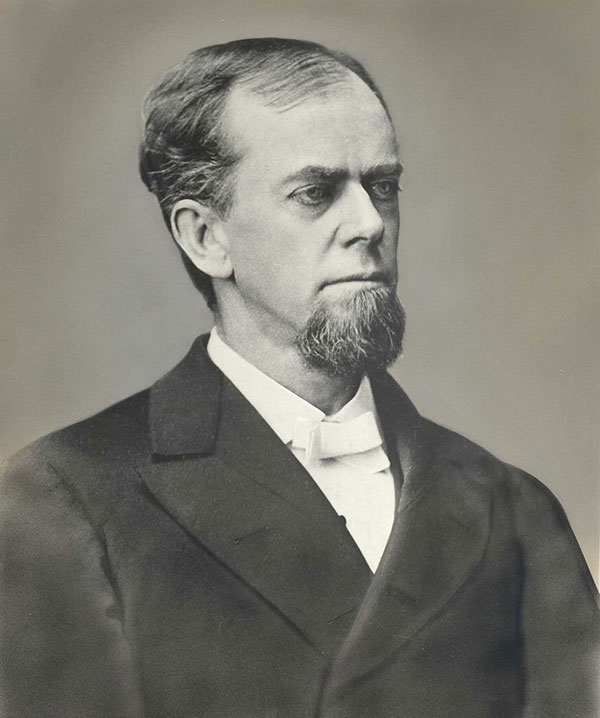Dangerous rationalism - 1866

John Fletcher Hurst, defender of the faith.
Introduction
On a doctor’s advice, John Fletcher Hurst went to Germany in 1856 to recover from a lung disease. His health improved so rapidly that he matriculated at the University of Halle, studying under many of Germany’s leading theologians. An ardent, god-fearing Methodist, he was appalled at the rationalism he encountered—a rationalism that sought to explain away much of Scripture. This prompted him to write a history of rationalism. After his return to the United States, he became a Methodist Episcopal pastor, later took a position as professor of systematic theology at the Martin Mission Institute in Bremen Germany, then became the teacher of theological history at a New Jersey seminar, and the school’s president. Finally, after serving as a bishop in Iowa, he became the first chancellor of the American University, dying in 1903. He authored many books.
While at Bremen in 1866, he released the third edition of his history of rationalism. Here is an excerpt from its preface, dated this day 5 November 1866. Writing of himself in the third person, he said,
Quote
“[The author was enabled] to be a daily attendant upon the lectures of such men as Tholuck, Julius Mueller, Jacobi, and Roediger. From some theologians he heard Rationalism defended with an energy worthy of Wolff and Semler; from others with a devotion worthy of the beloved Neander. In the railroad car, the stage, the counting-room, the workshop, the parlor, and the peasant-hut, Rationalism was found still lingering with a strong, though relaxing grasp. The evangelical churches were attended by only a few listless hearers. His prayer to God was, ‘May the American Church never be reduced to this sad fate.’ The history of that movement, resulting in such actual disaster to some lands and threatened ruin to others, took a deep hold upon his mind; and if he has failed in any respect to trace it with an impartial pen, his hope is that his failure will not cause any bright color of the truth to be obscured for a moment. . . .
“It gives him profound pleasure to know, that the highest theological journals in the United States which wage open war against orthodoxy, have conceded, with marked unanimity, the general correctness of his statements, though they naturally take issue with his conclusions.”
Hurst, John F. History of Rationalism Embracing a survey of the Present State of Protestant Theology.





